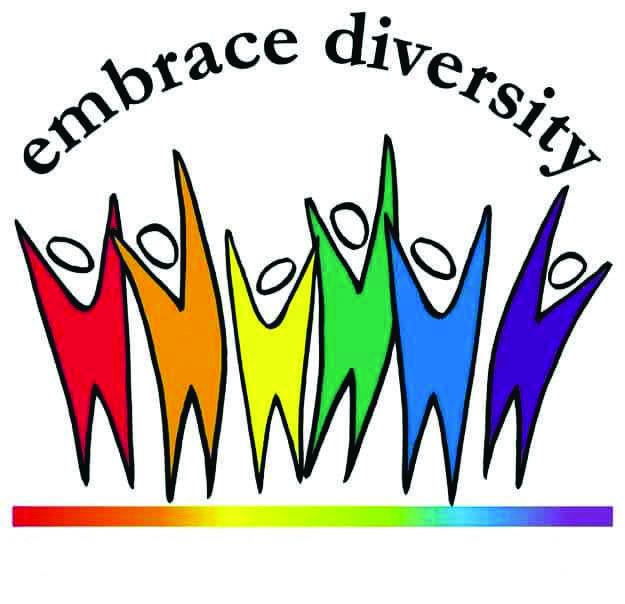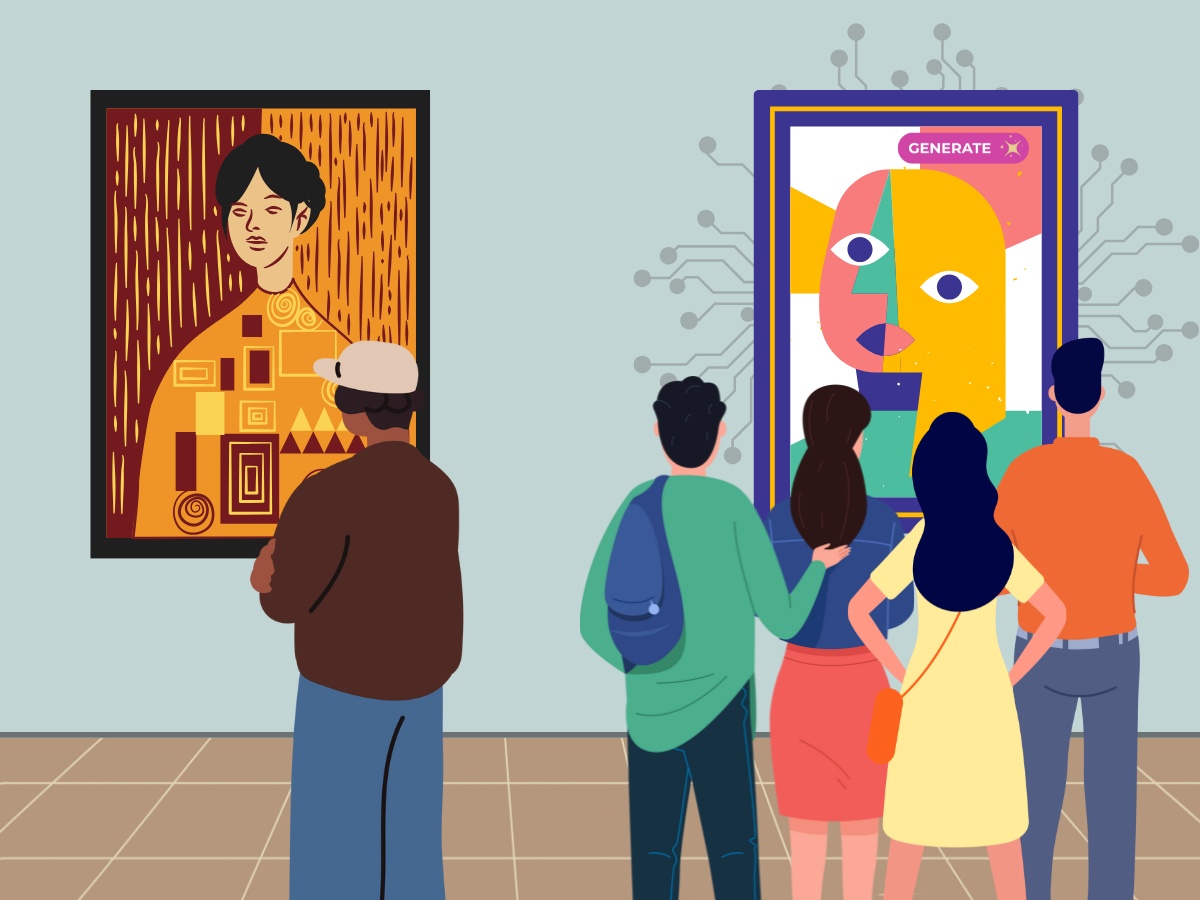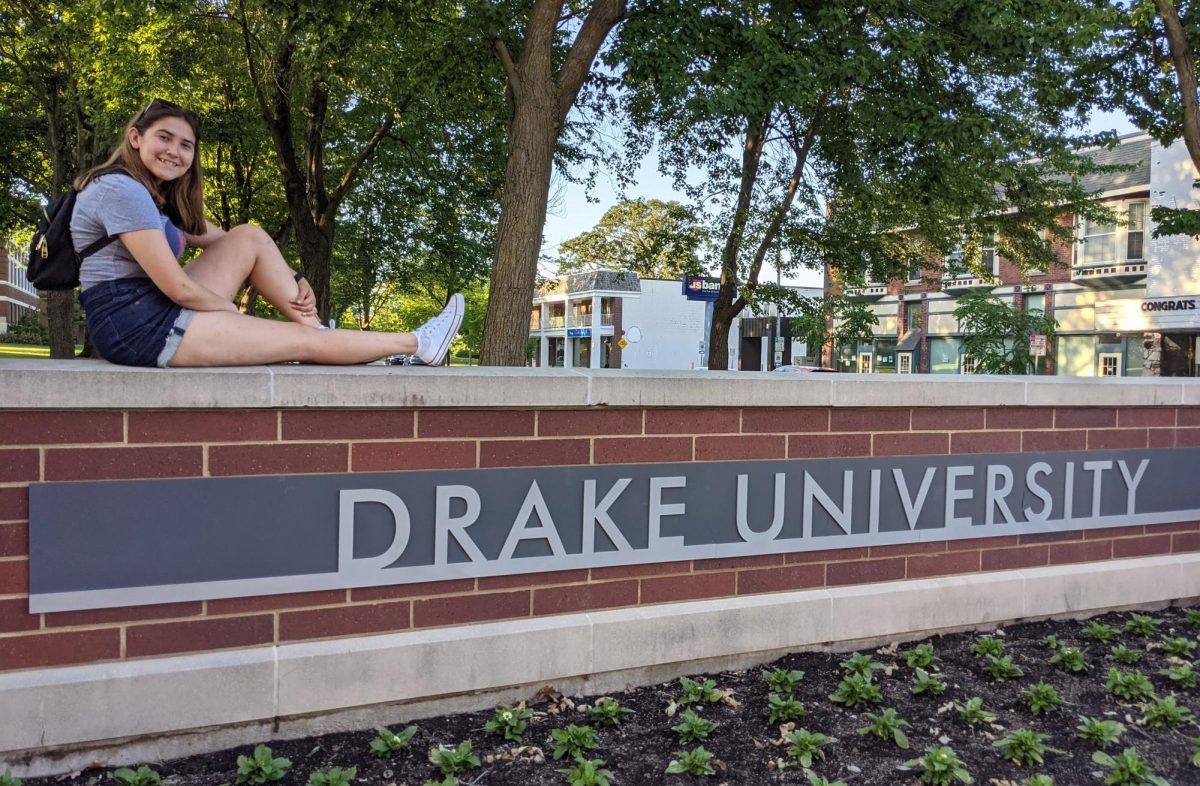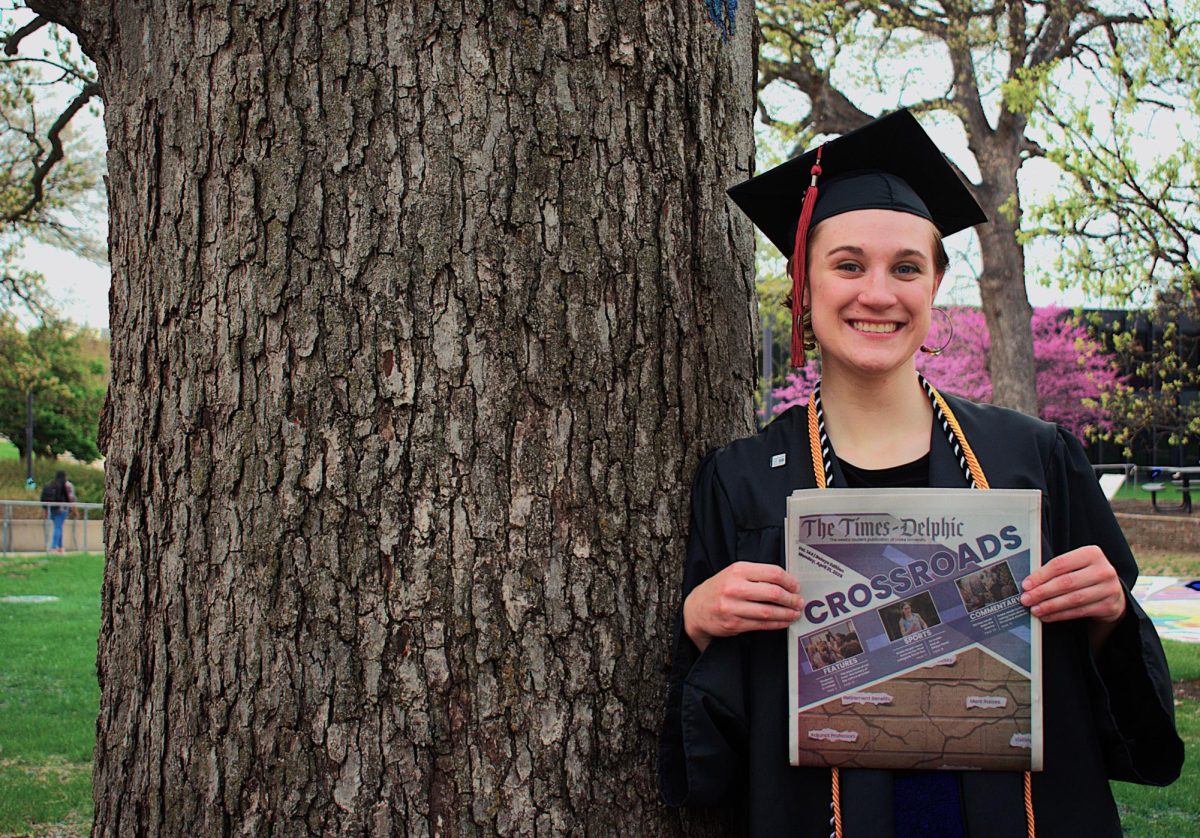Diversity, equity and inclusion (DEI). We hear about these all the time on Drake’s campus.
The most recent “scandal” that people associate DEI with is the Welcome Week fiasco. Rather than offering my opinion about it – since I was not there – I can do the next best thing: educate and talk about why DEI is so important and why intersectionality is relevant in the world.
These three things may seem to have nothing in common, but the fact of the matter is that they are very much connected together. The connection lies with one word: intersectionality. What is intersectionality, and why does it matter?
First, it is important to talk about diversity, equity and inclusion as a concept by itself. DEI is something that is extremely relevant and important to not only Drake’s campus, but the world as a whole.
Diversity is the different things that make us different from one another. Equity is offering support and other resources for those who need it most.
One of the most infamous images of this concept is the one with the kids watching the baseball game from the other side of the fence. Equity – in this example – means the kids all get the boxes they need to stand on that’ll help them to see the field. The tallest wouldn’t need one, and the shortest needs more.
Inclusion is making sure everyone is included and welcomed at the table.
Intersectionality is the idea that all different aspects of one’s identity come together to make a person. For example, my biological makeup of being a female (even though I identify as a demi-girl, but I digress) and whiteness come together to make me, well, me. However, there are other things that make up a person’s identities than the eye can see.
For example, I have a friend back home who doesn’t look like he has a large intestine, but he does. Other than that, he looks like a perfectly “normal” and privileged person. His illness helped to shape his identity in our high school years, and it continues to shape him to this day.
The beautiful thing about intersectionality is the fact that there really aren’t any rules or regulations that guide it – only the basics of “what makes you, you!”
Now that the question of “what is intersectionality” is answered, then why does it matter? Intersectionality is something that everyone experiences – even if you do not immediately recognize this fact.
Additionally, it can affect how different aspects of your identity conflict and clash. For example, my religious upbringing and my queerness conflict on a social level. (Off topic note: God loves everyone, even if you are queer. I will not be taking any criticism for making this obvious comment because we are not allowed to judge other people for what they identify as: only God can judge, and he only cares about who you are as a person – not who you love. But again, I digress.)
These things look different for each person who experiences them – conflicts like this are not a “one size fits all.”
This then bleeds into activism and social justice. You should be able to use the privileges and power that you systemically have to fight for the rights of everyone else. The first step at being a better ally is understanding the importance of DEI and intersectionality. If your activism isn’t intersectional, then it’s not true activism.
Intersectional activism looks like fighting for all Black lives, not just the ones that have died already. One example of how activism is not intersectional is author J.K. Rowling. To oversimplify a very complex issue, she does not fight for the rights of transgender perople, but she does for other queer people. Don’t be a J.K. Rowling.
Shouldn’t we all be trying to leave the world a better place than when we came to it?







